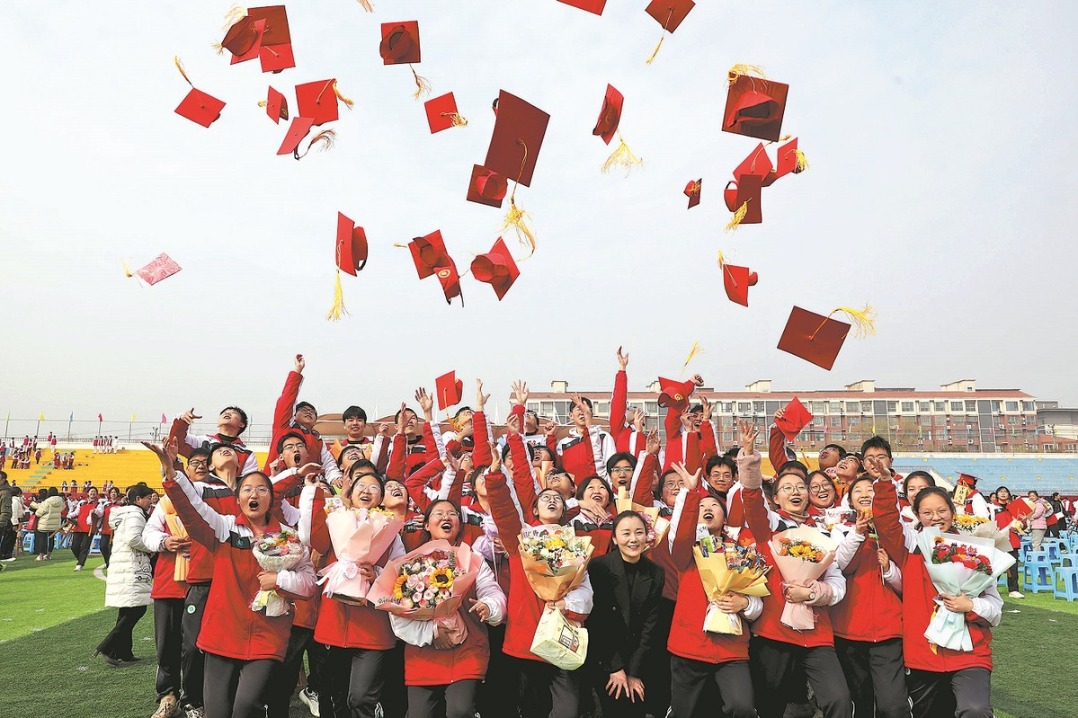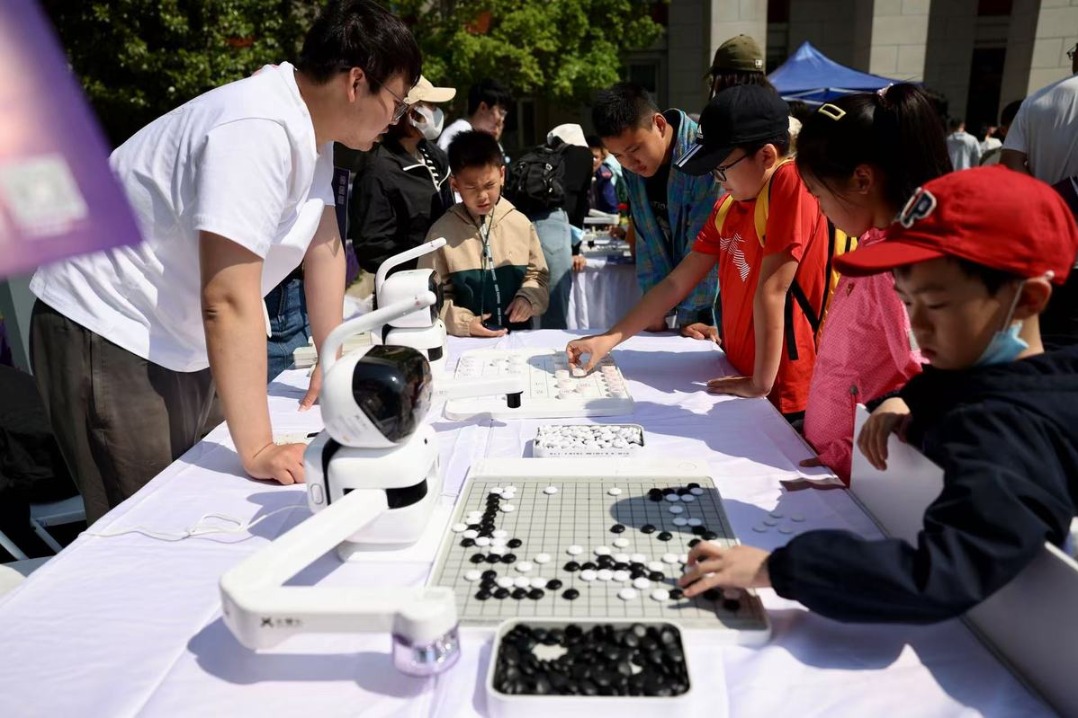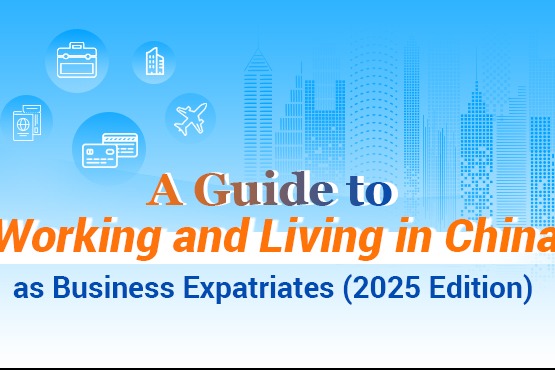Challenge to break free from old habits

Long Hongxia, education professor at the School of Marxism, Xiangtan University in Hunan province.
The call for "reducing academic burdens" for primary and secondary school students in the education sector has persisted for many years. Whether at the national level, among educators (theorists or front-line teachers), or parents, there is a collective weariness toward students' endless, round-the-clock studying.
Deep down, there seems to be a shared desire for change. This relentless grind, which monopolizes students' time and space, not only violates the laws of education but also harms their physical and mental health, stifling the cultivation of innovative talent.
Yet, modern society urgently demands innovative talent — so much that innovation has been elevated to a matter of national security, independence, and national pride. Phrases like "serving the nation through academic research" exemplify this mindset.
The recent national enforcement banning weekend remedial classes for high school students, following the prohibition of off-campus tutoring, is a step toward loosening the constraints on education, allowing it to return to its essence. This is a positive move.
Life should be holistic and diverse. Devoting all time and energy to studying is a form of alienation, narrowing and flattening what should be a vibrant endeavor aimed at enriching life and fostering well-rounded development.
Reducing education to a single goal is a distortion that must be corrected. Of course, education has never existed in a vacuum. Throughout history, it has often been shaped by external objectives — such as the stereotype in Chinese history of scholars becoming rigidly bookish.
Yet, a balance must be struck. Prolonged studying not only stifles creativity and reinforces rigid thinking but also harms physical health — contributing to issues like poor eyesight, posture problems, physical weakness, a lack of resilience or courage in boys, and weakened problem-solving skills.
The real challenge lies not in the courage or desire for change but in determining how to break free from entrenched habits. What comes next? Will students simply stay home glued to their phones? Will schools and families find covert ways to continue excessive tutoring, exacerbating social stratification as wealthier families invest in private lessons?
This requires collective effort from families and society, supported by systemic reforms. A critical issue is that education remains tethered to career prospects rather than holistic well-being and fulfillment of people's lives.
Transforming this mindset demands ideological shifts and institutional reforms. Under the current college entrance examination system, achieving true balance between work and rest remains a complex, ongoing challenge. Progress will require coordinated efforts across all sectors of society.
Long Hongxia talked to Zou Shuo.





































